Posted on 12/21/2022
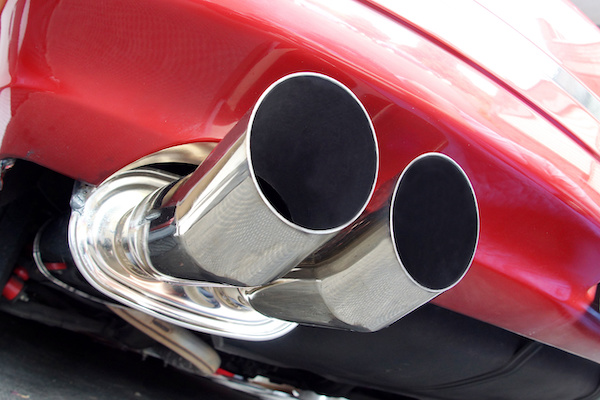
Mufflers are a component of your vehicle's exhaust system, and they serve an essential purpose when it comes to your emissions. The primary role of the muffler is to lessen exhaust system noise that is directed from the engine all the way to the exhaust pipes. Mufflers also aim to direct exhaust gases out of the motor. Generally, mufflers are made to last anywhere between five to seven years, but rust and other external factors can cause muffler mishaps (if you will). If there is a problem with your car's muffler, you will surely start to notice some tell-tale symptoms. Some are super obvious, and some not as much. How Do I Know If I Have a Faulty Muffler? Engine misfiring Exhaust is super loud (roaring sounds) You remark condensation coming from exhaust pipes You hear a rattling noise coming from inside your vehicle One of the most irritating symptoms of a broken muffler is the loud noises it makes. You may get some looks from other drivers as you roar from any direction ... read more
Posted on 11/25/2022
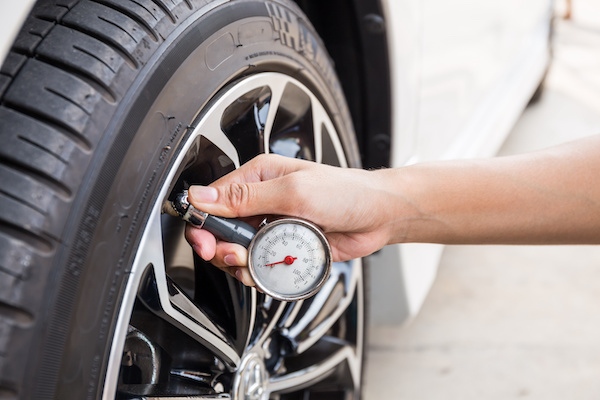
A key part of tire maintenance that car owners tend to overlook is tire pressure. It is your responsibility to keep your tires’ air pressure at optimal levels. We recommend checking it as much as possible using a tire gauge. This tool is an affordable one that can help you in the long run. Having the right amount of air in your tires improves the quality of your driving, braking, and turning. Not to mention, your car will run as efficiently as possible. You might wonder, “aside from having something penetrate my tires, shouldn’t the air in my tires stay the same?”. Not exactly. The reason why it is recommended that you check your tire pressure is that the temperature outside can cause the air in your tires to fluctuate. It is simple physics. Air expands when it is heated and contracts when it is cooled. When fall and winter come around in Austin, the existing air in your tires takes up less space. Tire pressure can drop by 1 psi (pounds per square inch) ... read more
Posted on 10/27/2022
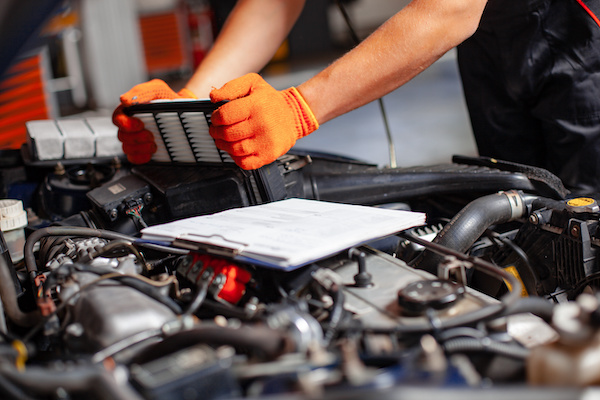
Naturally, humans tend to ignore maintenance services unless something goes wrong with their tools, equipment, or machines. The case is no different with car owners and their vehicles. One thing about regular car preventive maintenance is that it will save you money in the long run. Let's look at the top vehicle preventive maintenance services, which are like getting regular checkups at your doctor. Tire Maintenance Although it is highly underestimated, checking your vehicle's tire pressure is essential. You need to ensure you are driving on tires that all have the same air pressure. Failure to balance your tires' air pressure can lead to an uneven tread and, ultimately, an issue with uneven wear on your tires. Change Oil and Oil Filter Routinely There is no doubt that every vehicle is unique in its own way. However, one common thing is that regularly changing your oil and oil filter will boost your vehicle's overall performance. That alone saves you money in the ... read more
Posted on 9/29/2022
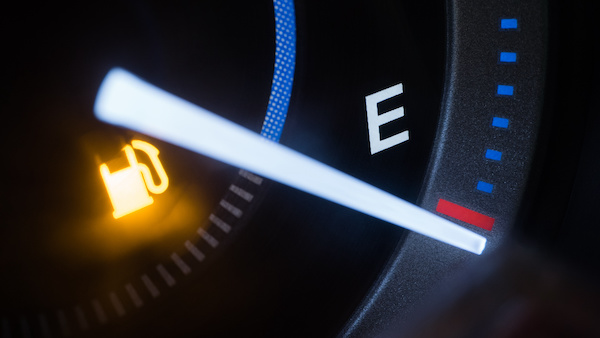
Everyone has been in this scenario once or more in their lives – When you’ve had a busy week or day, all you want to do is run back home. However, rush hour traffic slows you down and puts your car at a stop. And before you know it, the low gas indicator comes on your dash. Whether you panic or not, you might start to wonder when the tank will run dry. Should you take a risk and run your gas as close to empty as possible? Or take the extra 15 minutes or so to fill up? Truthfully, it is not good to run your car for long with the low fuel light on, let alone running the tank completely empty. There are two reasons why: You Could Run Out Completely and Be Stuck The most obvious reason why you should not drive until your gas light comes on is that you may feel like you can put it off for longer. Eventually, you will run out of gas while on the road. This can be a costly situation to put yourself in. Think about the cost of having to call for a tow truck ... read more
Posted on 8/30/2022
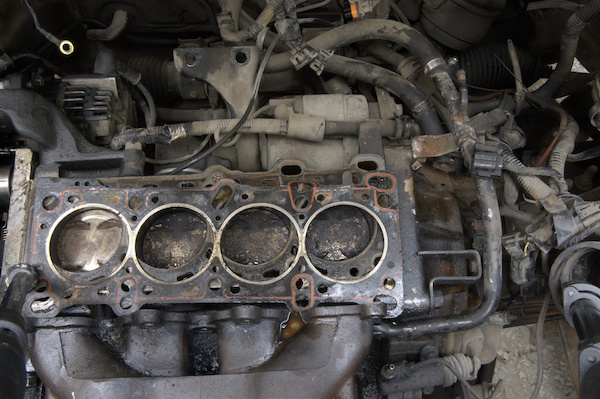
A head gasket is a flat component that forms a barrier between the cylinder head and the engine block. Its main job is to keep engine oil and coolant separated. When the head gasket goes off, several things can happen. For one, you most likely will have a warped cylinder head, which will cost you money to replace. Moreover, you may find coolant in your oil, or oil in your coolant. Either way, the fluids will be contaminated, and you’ll need to have them replenished. Here are some symptoms that you might notice when your head gasket is in serious trouble: White exhaust smoke Engine misfires Rough idling Poor fuel mileage Coolant or oil puddle High temperature reading Dashboard warning light on The truth is oil contaminating coolant is not as serious as coolant leaking into your motor oil. Because there needs to be a steady flow of coolant running at all times, your engine is at high risk of overheating. In turn, that will cause even more da ... read more